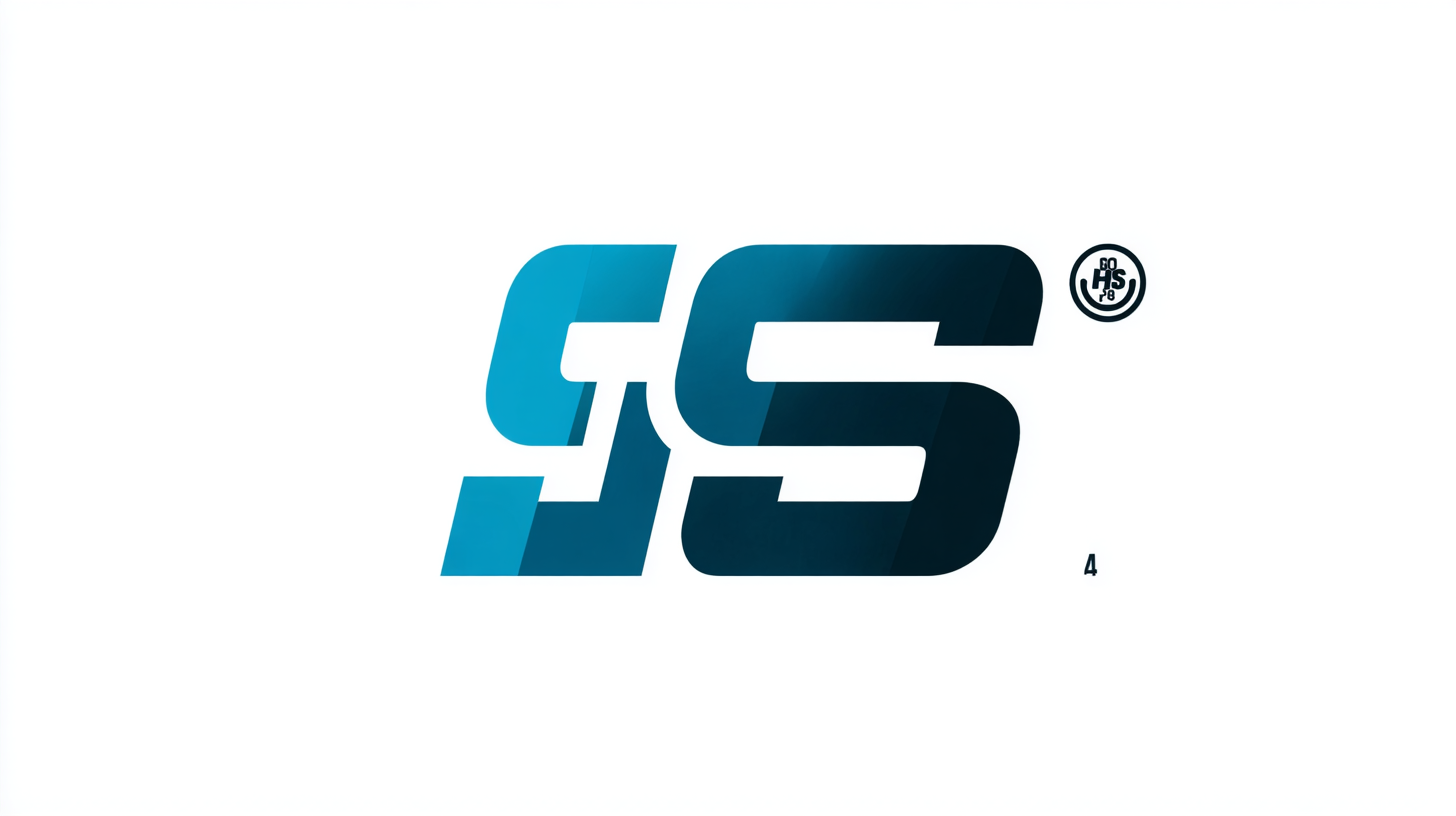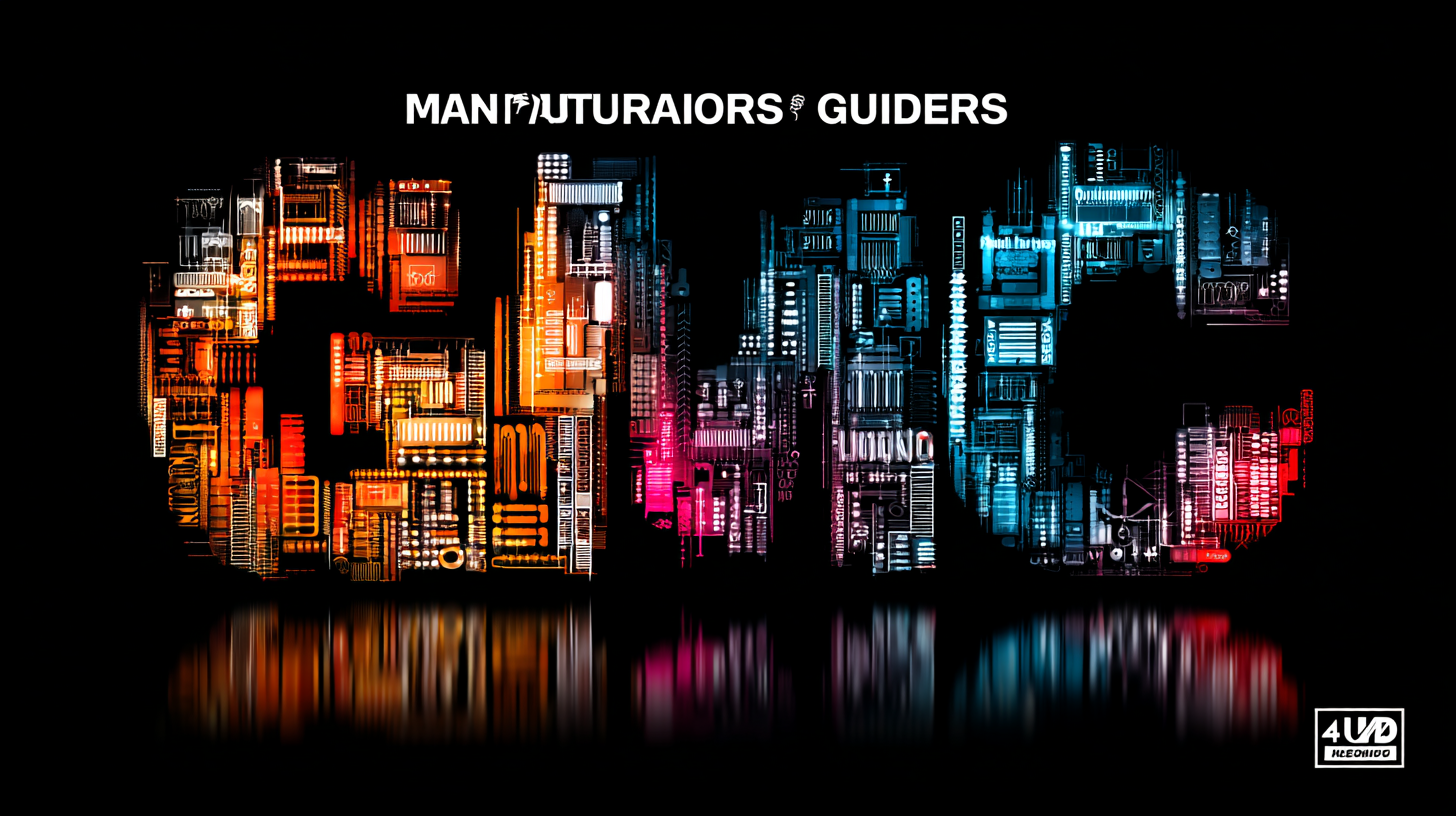
Exploring Unique Product Features and Applications in Global Sourcing Best Manufacturers Guide
In today's interconnected global market, the significance of understanding unique product features and their applications cannot be overstated, especially for Manufacturers aiming to elevate their competitive edge. According to a report by Deloitte, the global manufacturing output is expected to reach approximately $16 trillion by 2030, underscoring the immense potential within this sector. As industries increasingly prioritize innovation, it becomes crucial for Manufacturers to explore not only the technical specifications of their products but also their alignment with emerging trends and consumer demands globally. This exploration facilitates the identification of best practices within global sourcing, enabling Manufacturers to forge stronger supply chains while ensuring quality and sustainability. In this context of "精工细造,中国制造,服务世界", we delve into a comprehensive guide that highlights the foremost Manufacturers who are setting benchmarks in quality and service, driving forward the narrative of excellence in international trade.

Identifying Premium Suppliers in Global Markets: Key Characteristics and Criteria
In the ever-evolving landscape of global sourcing, identifying premium suppliers is crucial for maintaining competitive advantage. According to a report from McKinsey & Company, companies that effectively engage with top-tier suppliers tend to experience up to a 20% increase in their overall supply chain performance. This underscores the importance of establishing robust evaluation criteria when selecting suppliers in international markets.
Key characteristics of premium suppliers often include innovation capabilities, financial stability, and strong production capacities. For instance, Deloitte's Global Manufacturing Competitiveness Index highlights that manufacturers who invest in advanced technologies and sustainable practices are more likely to be recognized as leaders in their sectors. Furthermore, a recent survey by Gartner indicated that 72% of supply chain executives prioritize supplier agility and responsiveness, recognizing these traits as essential for navigating market fluctuations and demand changes effectively.
By understanding and applying these criteria, businesses can enhance their supplier selection processes, ensuring they partner with manufacturers that not only meet quality standards but also align with their strategic goals. This careful selection process is vital for fostering long-term relationships with suppliers who can adapt to the dynamic needs of global markets.
The Role of Quality Control Standards in Sourcing High-Quality Products
In the realm of global sourcing, understanding and implementing quality control standards is paramount for securing high-quality products, especially in industries such as men's apparel. With the increasing availability of affordable wholesale clothing, it becomes essential to establish stringent quality checks to ensure that products meet consumer expectations and safety regulations. The recent concerns surrounding safety standards for products like portable chargers emphasize the need for robust quality control measures to minimize risks associated with product liability.
**Tips**: When sourcing men’s clothing, always request samples and conduct thorough inspections of materials. Additionally, familiarize yourself with the supplier's quality control processes and standards. This proactive approach not only helps you avoid potential quality issues but also builds a trustworthy relationship with your suppliers.
Furthermore, as sourcing practices evolve, transparency within the supply chain has never been more crucial. Consumers are increasingly seeking assurance about the origins and safety of the products they purchase. Implementing measures to enhance supply chain transparency can lead to informed decision-making and foster consumer trust in your brand.
**Tips**: Utilize technology to track and share product information throughout the supply chain. Establish direct lines of communication with your suppliers to ensure that they adhere to your quality standards and practices consistently.
Top Strategies for Evaluating Manufacturers: A Data-Driven Approach
In today’s competitive landscape, evaluating manufacturers requires a strategic, data-driven approach. According to a report by McKinsey & Company, companies that leverage data analytics in their sourcing practices can reduce supply chain costs by up to 12% while significantly improving their negotiation power. This evolution emphasizes the necessity of integrating data at every stage of the evaluation process, from assessing manufacturer capacity to understanding market dynamics.
Moreover, a study from Gartner reveals that 75% of procurement leaders believe that leveraging advanced analytics is crucial for gaining a competitive edge. When sourcing globally, employing tools such as supplier performance scorecards and predictive analytics can streamline decision-making. These tools allow businesses to analyze historical performance data, compliance records, and market reputation, ensuring that the chosen manufacturers not only meet basic requirements but align with long-term strategic goals. By focusing on measurable outcomes, companies can enhance collaboration with suppliers and ultimately drive innovation in product development.

Leveraging Technology for Enhanced Supplier Selection and Management
Leveraging technology plays a crucial role in enhancing supplier selection and management within global sourcing strategies. As organizations increasingly align their finance and procurement functions, high-tech solutions facilitate improved spend visibility and data integration, essential for informed decision-making. A recent study highlights that companies utilizing advanced analytics can achieve cost reductions of up to 25% by optimizing supplier performance. By embracing artificial intelligence and machine learning, businesses can streamline their supplier selection processes, ensuring they engage with partners that align with their strategic goals.

Furthermore, emerging technologies like blockchain are revolutionizing supply chain transparency and efficiency, particularly in complex markets such as carbon trading. A blockchain-based peer-to-peer trading platform could empower partners by providing a transparent, efficient means to trade carbon allowances, thereby enhancing their sustainability efforts. As per industry reports, businesses that adopt digital procurement strategies, including AI and cloud solutions, can automate up to 60% of their routine processes, leading to increased operational efficiency and better supplier relationships. Such innovations are vital for building resilient supply chains capable of withstanding disruptions while proactively managing environmental and social governance (ESG) risks.
Future Trends in Global Sourcing: Adapting to Market Changes and Consumer Demands
As global sourcing continues to evolve, businesses must remain vigilant in adapting to market changes and consumer demands. A recent report by Grand View Research indicates that the global sourcing market is projected to reach $10 trillion by 2025, driven by the necessity for cost efficiency and operational resilience. Companies are increasingly focusing on unique product features that distinguish their offerings, aligning their strategies with consumer preferences for sustainability and innovation.
**Tip:** Stay informed about emerging trends by leveraging tools like market analysis software and subscribing to industry-specific reports. Keeping your finger on the pulse of consumer behavior will guide your sourcing decisions.
Embracing technology is essential for future-proofing your sourcing processes. Advanced analytics and AI-driven insights can help manufacturers predict market shifts and tailor their product features accordingly. According to Deloitte, businesses that adopt data-driven strategies are five times more likely to make decisions quickly and effectively, fortifying their competitive edge in the market.
**Tip:** Invest in training your sourcing team on the latest technologies. Regular workshops focusing on data interpretation and utilization can enhance their ability to respond to changing market demands efficiently.
